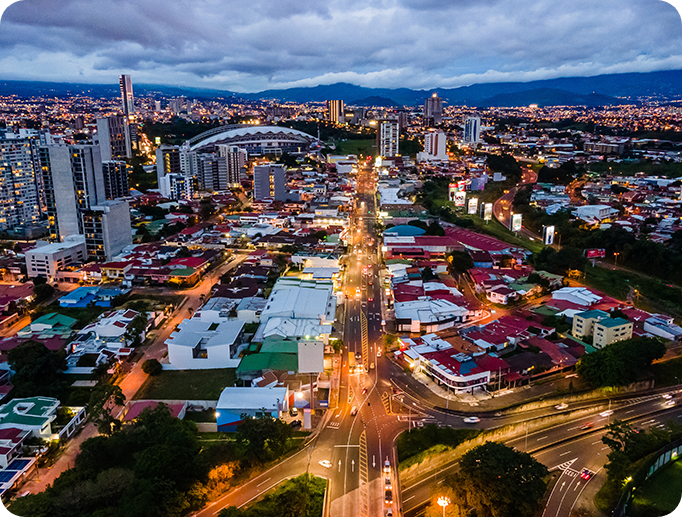
Costa Rica







At a Glance
Yes, local bank account needed.
Yes, local representation is required.
The standard payroll frequency is Monthly, Bi-Monthly, Weekly.
No, local registration isn’t required.
The employer taxes are 26.5% of gross salary.
Yes, there is a mandatory 13th salary.
Good to Know

The 5.13 million people of Costa Rica enjoy relatively high levels of education, quality of life, and political stability. Sustained social spending (public and private) has taken the country closer to providing universal access to education, health, water, and electricity. And, it has helped make Costa Rica the fourth Latin American member of the OECD.
Costa Rica is a democratic, free, independent, neutral, multiethnic and multicultural republic. It maintains an economic system based on the respect for private property, the promotion of collective welfare, free access to education and social security, and the safeguarding of democratic institutions.


The three main economic sectors that make up Costa Rica’s GDP are: 1) Primary sector — agriculture, livestock, forestry, hunting, and fishing; 2) Secondary sector — industrial transformation activity, mining, construction, and manufacturing; and 3) Tertiary sector — services, wholesale, and retail consumption.
Companies must take into account the following steps: Registering as an employer with the Costa Rican Social Security Fund (CCSS); affiliating their dependent workers with the CCSS; preparing and implementing internal labor regulations and industrial hygiene and safety regulations; and possibly establishing a solidarity association of its workers.

Don’t Wait! Get Connected Today

Economic Pressures
Inflation and rising interest rates coupled with lower economic global growth are expected to affect Costa Rica this year. The depreciation of the colon against the dollar and a divided parliament may further limit growth. On the flip side, the economy has made up for the losses in 2020.

Range of Requirement
Financial statements must account for business generated inside Costa Rica. For business transactions carried out with affiliated entities, transfer pricing studies are necessary. Investments in local companies must comply with regulations for anti-money laundering, anti-drug trafficking, and anti-terrorism. Any branch office must have a local attorney-in-fact. The main office runs the risk of being held responsible for the branch’s activities.

Tracking Taxes
Costa Rica offers tax incentives for investors through the Free Zone Regime, including sectors such as services, manufacturing, innovation. Taxes that affect businesses are Income Tax, VAT, Selective Consumption Taxes, Social Security contributions, as well as other relevant taxes, such as Real Estate Tax and Transfer Taxes.
Next Steps

Do you know exactly what it takes to successfully navigate the Costa Rican market? You don’t know what you don’t know — and that’s where our local expertise comes in. Our expert-led managed services and technical consulting are designed to help you thrive in Costa Rica and throughout the world.

We back up our expertise with GateWay, our pioneering global expansion management system (GXM) that empowers you to effortlessly and compliantly manage your international footprint.
“While local vendors tend to primarily care about their sliver of the business, HSP Group is, as the single provider, fully invested in the success of the entire organization.”
Head of Finance and Operations at a fast-growing FinTech

